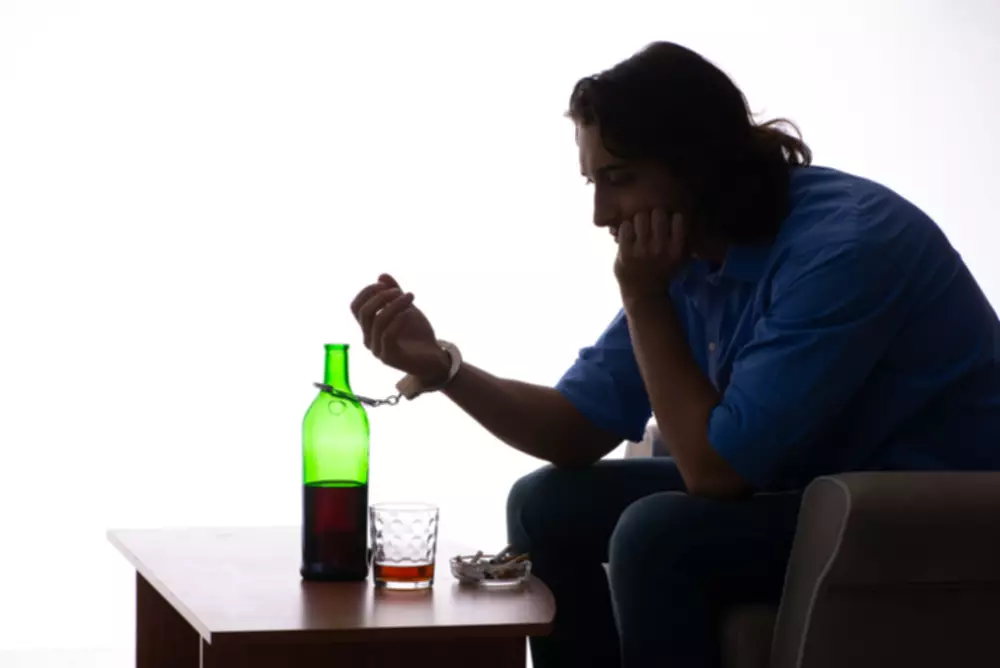
Mr. Molloy and the other residents devised the basic rules of self-government that have shaped Oxford House ever since. Second, every resident would contribute equally to the expenses and household duties. There are over 3500 self-sustaining Oxford Houses in the United States and more than 24,000 individuals in recovery living in these houses at any one time during the year.
Sober Living Near Me in Texas
Unlike drug treatment programs, recovering housing doesn’t offer treatment services, nor do these programs instate any type of scheduled treatment programming. Sober housing environments rather operate as self-run facilities where residents must pay their own rent and abide by certain house rules. Inpatient residential treatment programs typically provide a structured and intensive treatment environment where clients live full-time, receiving constant medical care and therapy. This model is highly beneficial for individuals requiring a stable environment free from external triggers, thus significantly aiding in the initial stages of recovery. We are dedicated to transforming the despair of addiction and mental illness into a purposeful life of confidence, self-respect, success, and happiness.
Why Do Sober Living Homes Have Rules?
Although outmoded and offensive terms might be found within documents on the Department’s website, the Department does not endorse these terms. The primary way AHCCCS discovers fraud is through reports from people like you who report it to us. The Current Providers Suspension List does not contain every provider who has been suspended. AHCCCS is required to stop paying a provider and to refer the case to law enforcement for a full investigation as soon as a CAF suspension is issued.

Support our Cause
To have the best chance for effectively recovering from addiction or substance abuse and remaining sober long-term, individuals should look for drug-free, stable housing that will support their recovery. Since the basis for laws and regulations for recovery housing centers around addiction’s designation as a disability, regulations pertaining to sober living environments also fall under the Americans with Disabilities Act. As a result, any state or local regulations or restrictions for recovery housing are subject to challenge under the Americans with Disabilities Act. While fair housing laws do permit recovery housing programs to operate out of residential neighborhoods, certain restrictions apply in terms of how the program is run. In order to be eligible, a sober living home must operate as a long-term residence as opposed to a temporary dwelling. Luxury sober living homes, on the other hand, offer a higher standard of living with enhanced amenities that can include private rooms, gourmet meals prepared by professional chefs, and beautifully landscaped grounds.
- A lawyer specializing in housing or health care law can provide guidance on how to proceed and what additional steps may be necessary.
- Guidance and local service bulletins help addiction service providers address current events and developing issues, and may be used to provide administrative directives.
- The consequences are designed to encourage personal growth, maintain a safe environment, and reinforce the importance of following the rules to support residents’ recovery journeys.
- Our network of houses is only as strong as the community support we receive and the involvement of current and former members.
- Large houses are rented and located in nice neighborhoods giving anywhere from 6 to 15 same-gender individuals a safe, supportive place to call home.
- Instead of being left to their own fates, Mr. Molloy and other residents decided to take over the house themselves, paying the expenses and utilities, cooking the meals and keeping watch over one another’s path to recovery.
- However, it’s important to note that not all sober living homes have strict restrictions related to criminal backgrounds.
Sober Living Fraud Response
These programs, as highlighted by White (1998), were designed to remove clients from destructive living environments that perpetuated substance use and to establish new, supportive social networks within treatment settings. As the landscape sober home near me for recovery evolves, New Jersey stands at the forefront with groundbreaking new sober living laws in NJ what the new rules mean for NJsSober homes, set to take effect on July 1, 2024. These new regulations mark a significant shift in the state’s approach to sober living facilities, expanding oversight and setting higher standards for safety and quality of care. Sober living homes accept people who have completed a formal drug rehab program, such as detox, inpatient rehab, residential rehab, or outpatient rehab. The drug-free environment here aids the transition to regular life and gives residents room to practice sobriety while living with other people. However, it is vital to understand that while sober living aids total recovery, it does not and should not be used as a rehab replacement.
The new regulations in New Jersey introduce significant changes to how sober living homes operate, with a focus on enhancing safety, accountability, and support for residents. These changes are categorized under different recovery home models, each with specific requirements and standards. People who live in sober homes report that they are non-judgmental and safe spaces where they can focus on their continued recovery.

For questions regarding Level 1 recovery residence locations, vacancies, house contact and phone numbers; visit Oxford House. The RCI is a tool that measures the real-life factors that support lasting recovery—health, housing, relationships, purpose, and more. It was the first step in a nationwide movement, now almost 50 years old, that has been credited with helping thousands of people overcome addiction and lead productive lives. I just had to follow the rules, get along with everyone, and work on my recovery. But together we have learned to manage and maintain the house and interact as a family. Generally an individual comes into an Oxford House following a 28-day rehabilitation program or at least a 5 to 10 day detoxification program.
Are There Any Limitations on Claiming Tax Deductions for Sober Living Expenses

American Addiction Centers (AAC) offers sober living arrangements nationwide at Resolutions – Recovery Residences. Ethos Structured Sober Living is an all male community in recovery located in the heart of West Los Angeles. Our primary purpose is to foster long-term sobriety through the cultivation of accountability, camaraderie, & character development. If you experience or witness possible code compliance violations, you can contact Code Enforcement and provide the address of the facility and activity observed. The terminology used to describe people with disabilities has changed over time. The Minnesota Department of Human Services (“Department”) supports the use of “People First” language.

What Do Sober Living Houses Offer?
FARR-certified residences ensure that those in recovery have access to environments that promote safety, compliance, and peer support. Each state has a health department or a substance abuse services agency responsible for regulating treatment centers. Filing a complaint with the appropriate state agency can initiate an investigation. Agencies like the Substance Abuse and Mental drug addiction treatment Health Services Administration (SAMHSA) oversee standards for treatment programs.

Comment